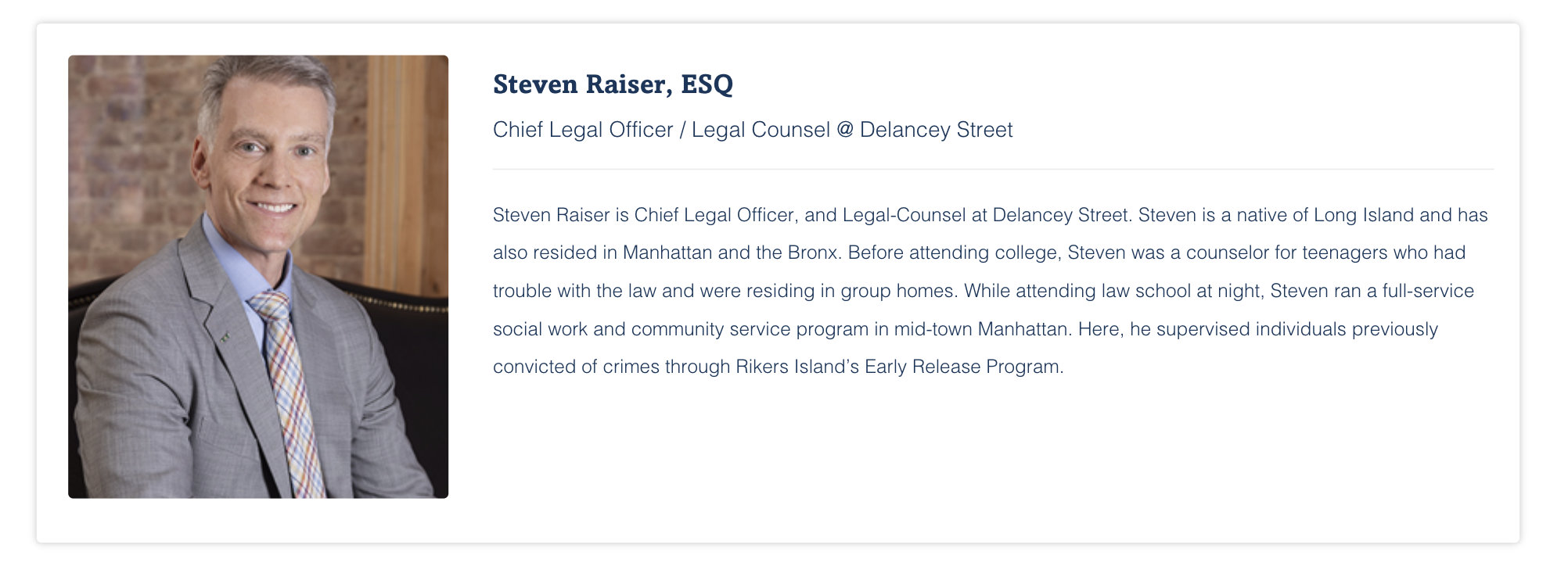IF YOU’RE LOOKING FOR A BUSINESS DEBT SETTLEMENT COMPANY, VISIT DELANCEY STREET. CLICK HERE NOW.


–
Business Debt Settlement vs Debt Consolidation: Key Differences
If you run a small business that’s struggling with debt, you may be weighing options like debt settlement or debt consolidation to find relief. While both can help in certain situations, there are important distinctions to understand when deciding which path is right for your company.
How Debt Settlement Works
The goal of debt settlement is to negotiate with creditors to pay less than the full amount owed. This often involves stopping payments and allowing accounts to become delinquent in order to negotiate from a position of hardship.
- A debt settlement firm will assess your business debts and assets to build a case for settlement
- You stop making payments to creditors and instead save money in a dedicated account
- After enough payments are missed to show hardship, the firm starts negotiating discounts
- Settlements typically range from 40-60% less than the balances owed
- Funds from the dedicated account are used to pay lump-sum settlements
Key Aspects of Business Debt Settlement
- Designed for businesses with limited ability to pay back debts in full
- Accounts will become delinquent and hurt your business credit score
- Legal action from creditors remains a possibility while negotiating
- There are no guarantees that all creditors will agree to settle
- You business assets may be at greater risk compared to other options
While debt settlement can substantially reduce balances owed, it also comes with consequences like damaged business credit and legal risks during the negotiation phase.
How Debt Consolidation Works
The idea behind debt consolidation is to simplify unmanageable debt payments by rolling multiple balances into a single new loan. This can provide easier monthly payments, often with reduced interest rates.
- A debt consolidation lender pays off your existing business debts
- This consolidates the debt into a new loan with one monthly payment
- By extending the repayment timeline, monthly payments are lower
- Consolidating multiple debts can also lower the average interest rate
Key Aspects of Business Debt Consolidation
- Allows you to continue operating and repay all debts in full over time
- Monthly payments are typically lower than previous combined payments
- Having one payment can simplify record-keeping and cash flow
- Interest rates may be lowered depending on credit score and loan terms
- Business assets are less exposed compared to debt settlement
In contrast to debt settlement, debt consolidation enables ongoing business operations while repaying 100% of what’s owed under more favorable repayment terms.
Key Differences Between the Two Options
Now that we’ve outlined the basics of business debt settlement and debt consolidation, what are the major differences between these two debt relief strategies?

Amounts Repaid
- With debt settlement, you repay less than you owe creditors after negotiated discounts. Exact amounts depend on negotiation outcomes.
- With debt consolidation, you repay 100% of debt balances, just under a consolidated loan structure with better terms.
Debt settlement provides relief through reduced payoffs, while debt consolidation restructures payments without reducing amounts owed.
Impact on Credit
- Debt settlement invariably damages business credit since accounts must go delinquent to show hardship.
- Debt consolidation allows you to repay debts in full, enabling the potential to improve credit over time.
Settling debt for less than owed will negatively impact credit status. Debt consolidation avoids further score deterioration.
Legal Protections
- Debt settlement provides no legal protections from creditor lawsuits while negotiating discounts.
- Debt consolidation immediately resolves defaulted accounts upon payoffs, eliminating legal risks.
Until settlements are reached, debt settlement leaves businesses exposed legally in ways that consolidation does not.
Operational Considerations
- Debt settlement can constrain business operations as accounts become delinquent.
- Debt consolidation facilitates ongoing operations by simplifying payments.
Missed payments under debt settlement may limit financing options needed for business continuity, whereas consolidation sustains vendor relationships by avoiding defaults.

Cost Structures
- Debt settlement fees are based on amount of debt resolved, often 20-25% of balances settled.
- Debt consolidation charges interest on the new loan but has no upfront fees.
While debt consolidation carries ongoing interest charges, debt settlement costs are largely success-based as a percentage of settled debt.
Is Settlement or Consolidation Better for My Business?
There is no one-size-fits-all answer regarding business debt relief options. The choice between approaches involves balancing factors like:
- Extent debts exceed sustainable payment capacity
- Tolerance for damaged credit or legal action
- Funds available for lump-sum settlements
- Importance of operational continuity with vendors
- Willingness to pay interest for a longer repayment timeline
Businesses facing severe cash flow issues may view debt settlement as the only viable path, despite credit consequences. For companies with reliable earnings that simply need simplified payments, consolidation could be preferable.
Getting Started with Delancey Street
As you weigh debt relief options for your business, the team at Delancey Street can provide guidance tailored to your situation. Our dedicated advisors have years of experience assisting small business owners find the optimal strategies for their debt profile and financial objectives.We offer free consultations to understand your business, assess debts versus income, and map out a custom action plan. Contact us today to start the conversation. With empathy and insight, we can collaborate to chart the best course forward so you can focus on long-term prosperity.







